The Pharisees saw Jesus eating with the tax collectors and sinners in Matthew’s house, in the house of the man Jesus had chosen, called, loved, and they asked the question, “Why is Jesus interested in these people?”
We can imagine Jesus enjoying himself at this dinner party thrown by his newest disciple. Sharing food, listening intently to the stories of the friends of his who would become part of his inner circle of twelve closest followers, observing them, gazing deep into their hearts and souls, longing to see them whole, happy, at peace, flourishing in goodness and truth.
Those who were getting to know this new rabbi who actually shared his time with them, got close to them, was part of their world, felt no condemnation as they laughed with him, and listened, and told him their stories. As their fear wore off under the warmth of his acceptance of them, his desire to befriend them, they experienced their souls opening in new and surprising ways. Perhaps they experience the beauty and satisfaction of goodness. It was so fulfilling, ran so strong and deep, who knows how many of them left that dinner at least wondering if not absolutely determined to be more their better selves.
What sunshine does to flowers, but infinitely more so, the merciful gaze of the Master accomplishes in hearts that have been isolated in the shadows and cold. They burst forth with new life, color, vibrant beauty.
Matthew and his tax-collecting friends were outcasts from their Jewish brethren… ever been there?
They were looked down upon, labelled by those who were considered righteous… ring a bell?
They lived in a sub-culture closed in on itself, not expecting God to be interested in them as of any value… have you ever felt that way?
We know these men made many mistakes. They cheated their neighbors and friends. They worked for the oppressor. They looked out for themselves. When Jesus, however, invited himself into their circle by proposing dinner at Matthew’s house, his presence brought them joy, drew them in to the love he shared with his Father, shattered the labels they had accepted for themselves.
This dinner party baffled the Pharisees who were meticulous about keeping the smallest of religious rules. At times we may find ourselves warmed by the accepting mercy of Jesus, grateful that his love shields us from the cutting condemnation of others. We could perhaps recognize ourselves in the Pharisees who can’t accept the fact that the non-compliant are the favored ones, the sinners are the ones cherished for the sake of healing and wholeness. But in either case we should never ask the questions:
Why is the Lord interested in me?
Why is the Lord interested in that person or group?
Jesus wants us ever to know that he is interested in us, each of us, all of us, no matter where our heart has led us astray. If the Pharisees had sat down at the table, wanting to be included among the “sinners” for whom Jesus came, his face would have shown on their sad and languishing hearts also.
So join him at his table, enjoy the feast, share with him your story, be filled with the radiance of his happiness as he looks at you with such love.
Contact the author
 Beth Price is part of the customer care team at Diocesan. She is a Secular Franciscan (OFS) and a practicing spiritual director. Beth shares smiles, prayers, laughter, a listening ear and her heart with all of creation. Reach her here bprice@diocesan.com.
Beth Price is part of the customer care team at Diocesan. She is a Secular Franciscan (OFS) and a practicing spiritual director. Beth shares smiles, prayers, laughter, a listening ear and her heart with all of creation. Reach her here bprice@diocesan.com.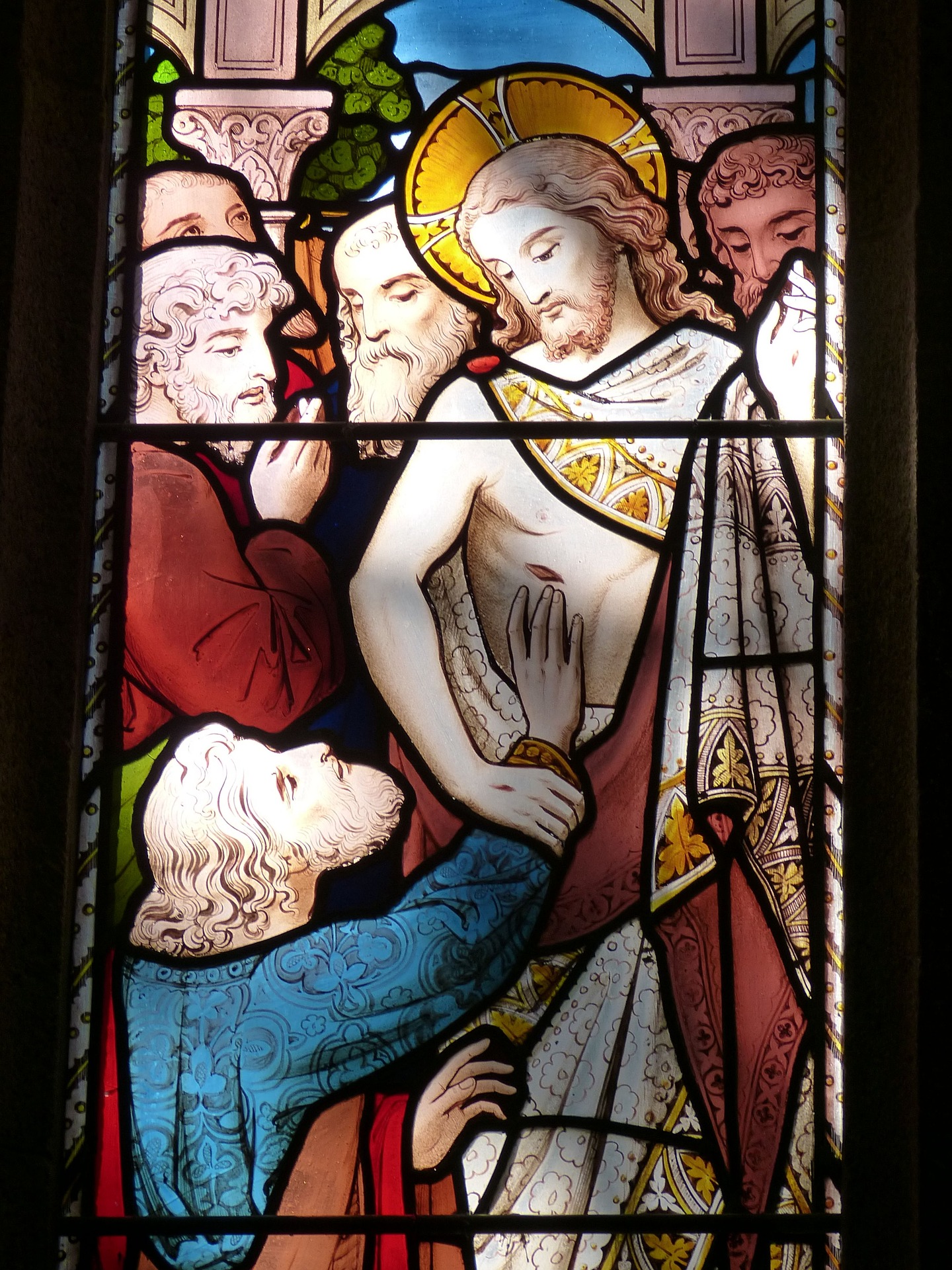
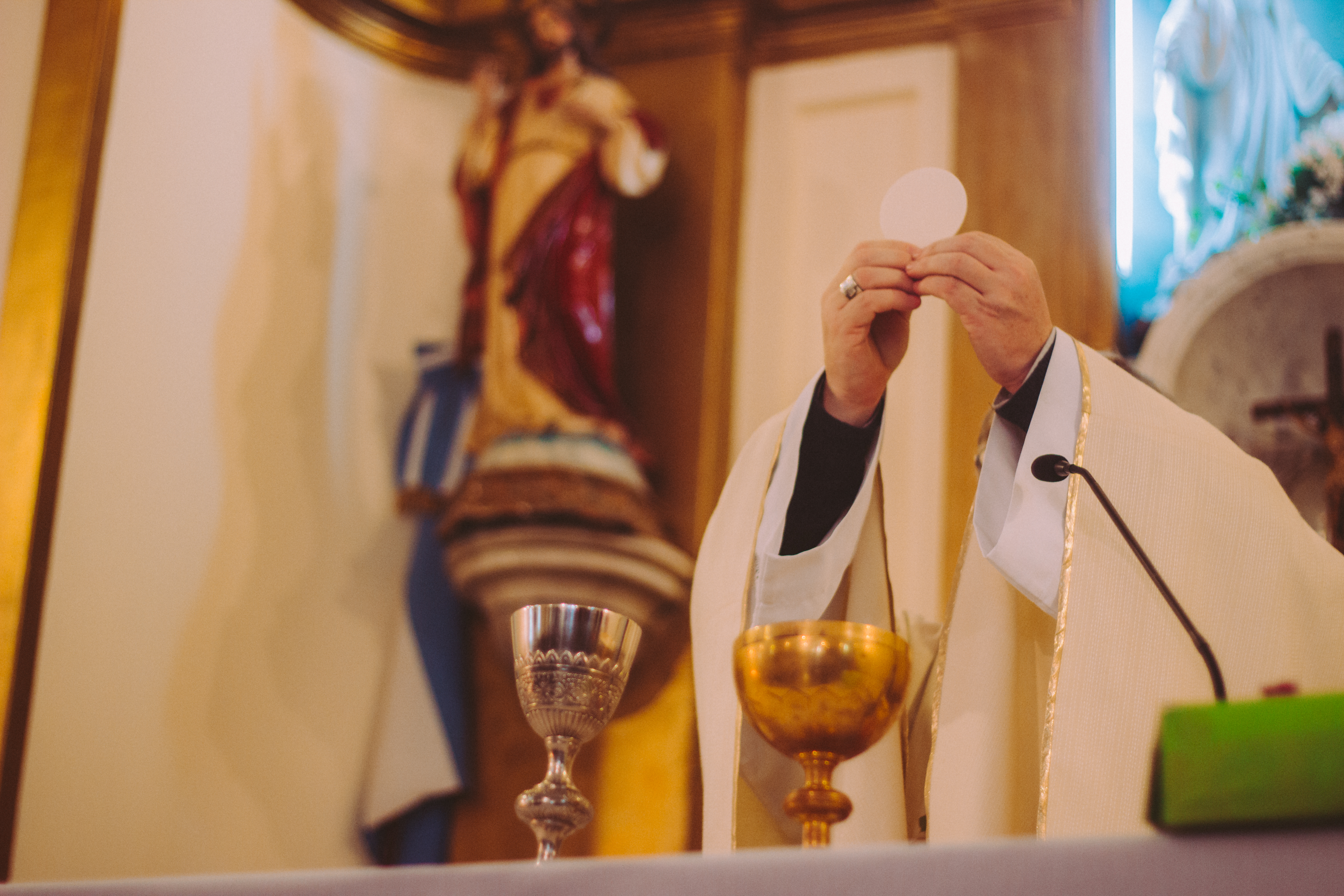
 Susan Ciancio has a BA in psychology and a BA in sociology from the University of Notre Dame, with an MA in liberal studies from Indiana University. For the past 17 years, she has worked as a professional editor and writer, editing both fiction and nonfiction books, magazine articles, blogs, educational lessons, professional materials and website content. Eleven of those years have been in the pro-life sector. Currently Susan freelances and writes weekly for HLI, edits for American Life League, and is the editor of Celebrate Life Magazine. She also serves as executive editor for the Culture of Life Studies Program-an educational nonprofit program for K-12 students.
Susan Ciancio has a BA in psychology and a BA in sociology from the University of Notre Dame, with an MA in liberal studies from Indiana University. For the past 17 years, she has worked as a professional editor and writer, editing both fiction and nonfiction books, magazine articles, blogs, educational lessons, professional materials and website content. Eleven of those years have been in the pro-life sector. Currently Susan freelances and writes weekly for HLI, edits for American Life League, and is the editor of Celebrate Life Magazine. She also serves as executive editor for the Culture of Life Studies Program-an educational nonprofit program for K-12 students.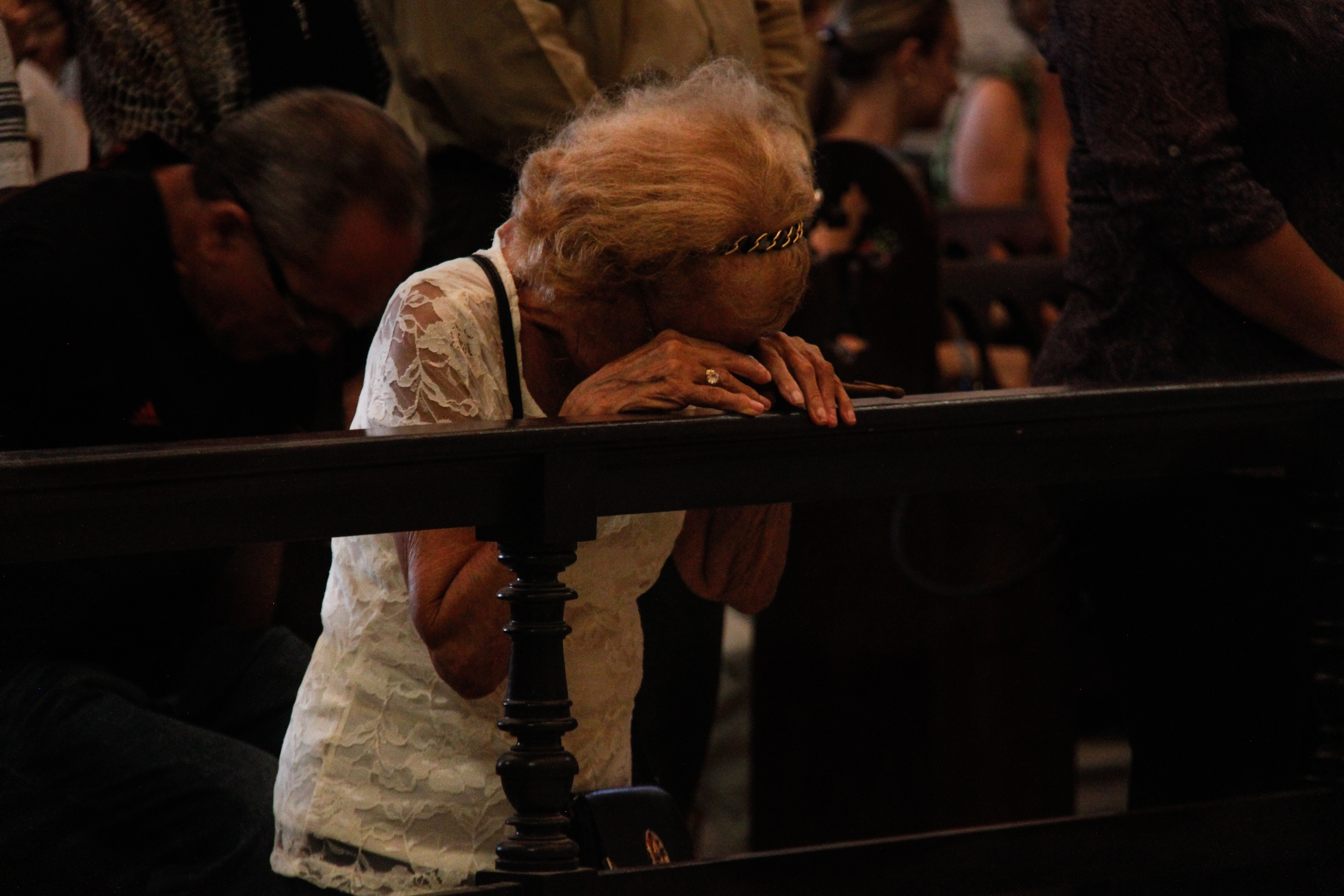
 Kathryn James Hermes, FSP, is the author of the newly released title
Kathryn James Hermes, FSP, is the author of the newly released title
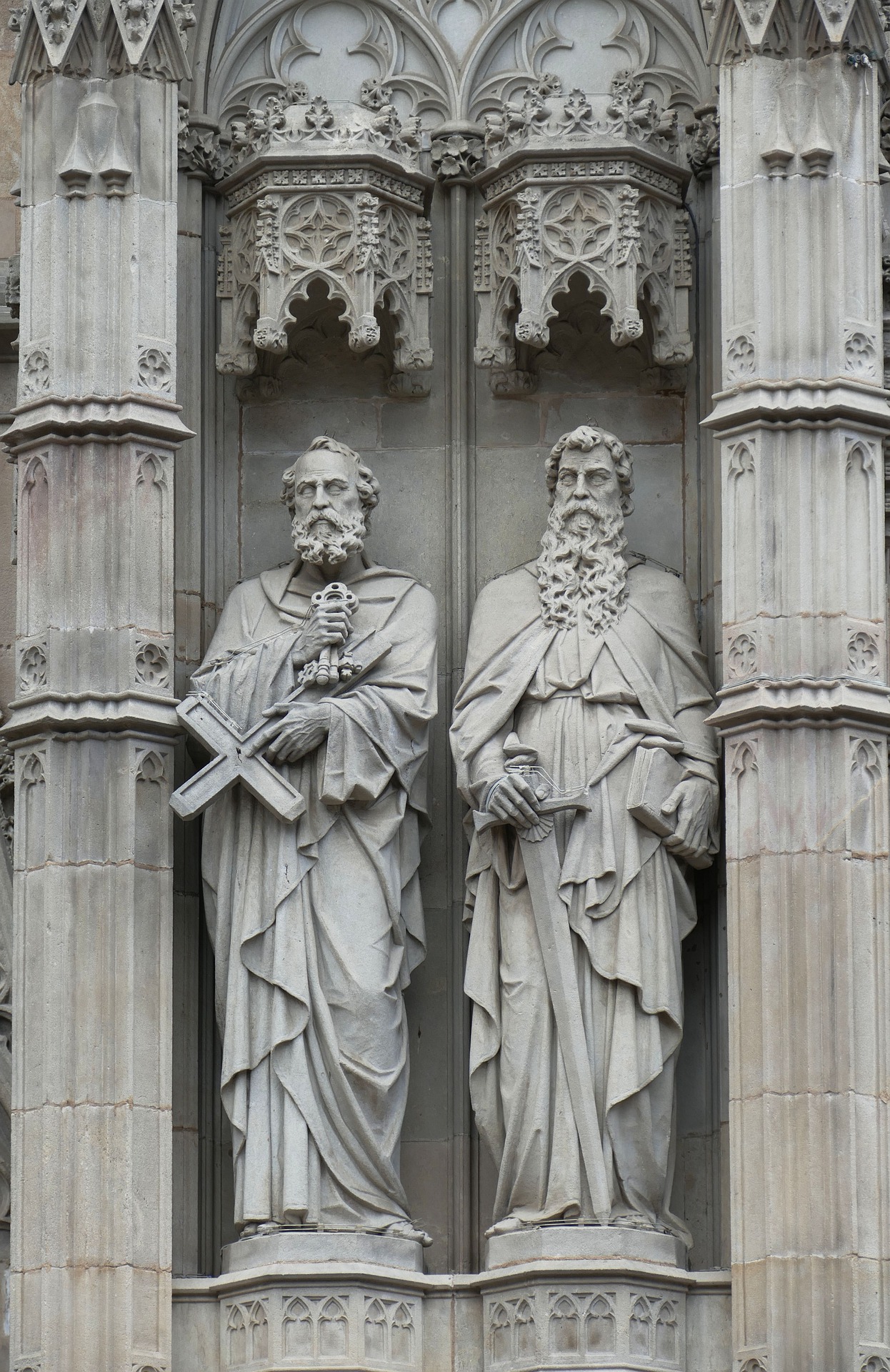
 Dakota currently lives in Denver, CO and teaches English Language Development and Spanish to high schoolers. She is married to the love of her life, Ralph. In her spare time, she reads, goes to breweries, and watches baseball. Dakota’s favorite saints are St. John Paul II (how could it not be?) and St. José Luis Sánchez del Río. She is passionate about her faith and considers herself blessed at any opportunity to share that faith with others. Check out more of her writing at
Dakota currently lives in Denver, CO and teaches English Language Development and Spanish to high schoolers. She is married to the love of her life, Ralph. In her spare time, she reads, goes to breweries, and watches baseball. Dakota’s favorite saints are St. John Paul II (how could it not be?) and St. José Luis Sánchez del Río. She is passionate about her faith and considers herself blessed at any opportunity to share that faith with others. Check out more of her writing at 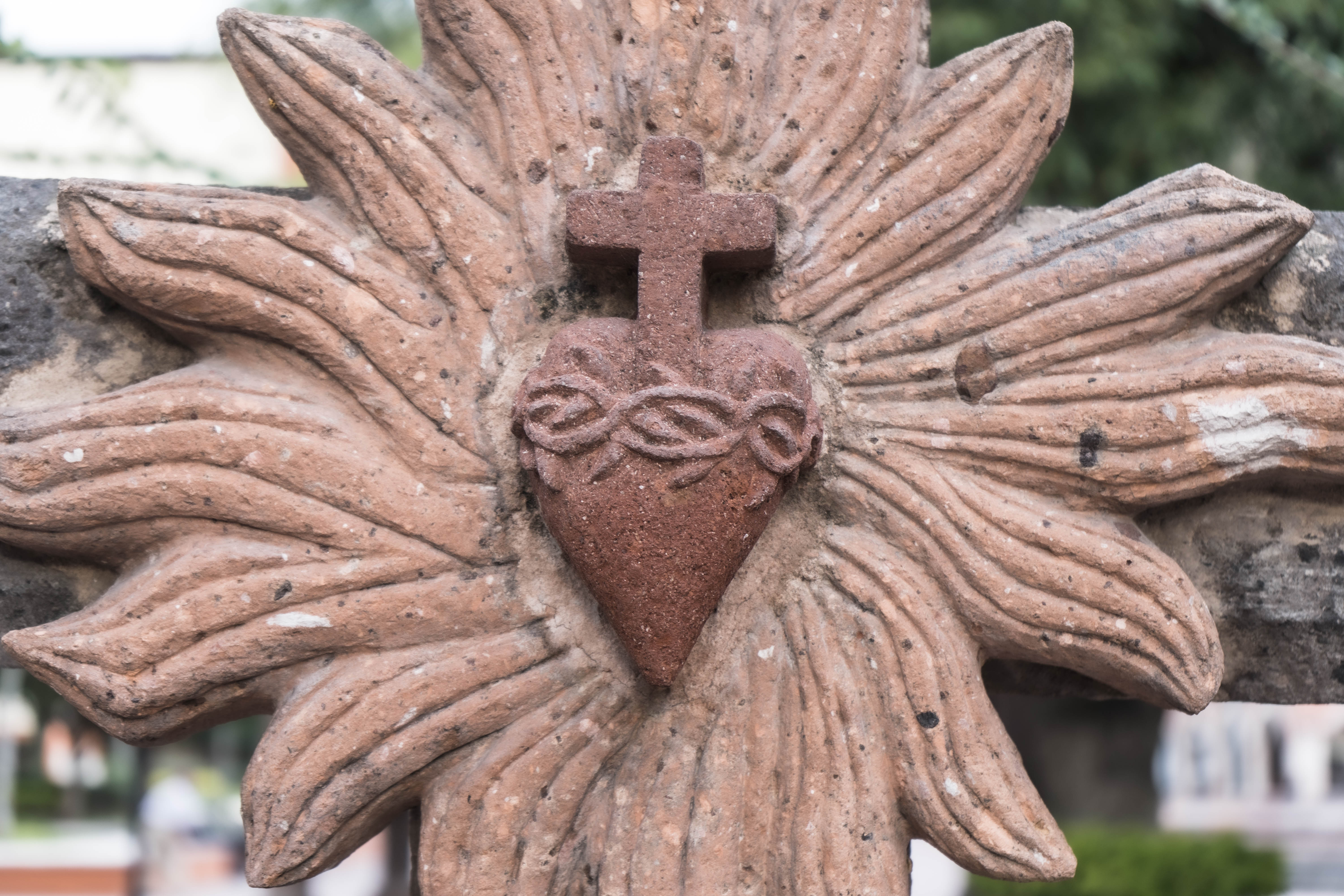
 David Dashiell is a freelance writer, editor, and proofreader based in the Pittsburgh, Pennsylvania area. His writing has been featured in Crisis Magazine and The Imaginative Conservative, and his editing is done for a variety of publishers, such as Sophia Institute and Scepter. He can be reached at
David Dashiell is a freelance writer, editor, and proofreader based in the Pittsburgh, Pennsylvania area. His writing has been featured in Crisis Magazine and The Imaginative Conservative, and his editing is done for a variety of publishers, such as Sophia Institute and Scepter. He can be reached at 
 Perpetua Phelps is a high school student residing in West Michigan and is the second of four children. Apart from homeschooling, Perpetua enjoys volunteering at her church, attending retreats, studying Latin and French, and reading classics such as Beowulf, The Lord of the Rings, C.S. Lewis’ Space Trilogy, and Mark Twain’s Joan of Arc. She also spends much time writing novels, essays, and poetry for fun and competition. A passionate Tolkien fan, Perpetua is a founding member of a Tolkien podcast.
Perpetua Phelps is a high school student residing in West Michigan and is the second of four children. Apart from homeschooling, Perpetua enjoys volunteering at her church, attending retreats, studying Latin and French, and reading classics such as Beowulf, The Lord of the Rings, C.S. Lewis’ Space Trilogy, and Mark Twain’s Joan of Arc. She also spends much time writing novels, essays, and poetry for fun and competition. A passionate Tolkien fan, Perpetua is a founding member of a Tolkien podcast.
 Deacon Dan Schneider is a retired general manager of industrial distributors. He and his wife Vicki recently celebrated their 50th wedding anniversary. They are the parents of eight children and twenty-nine grandchildren. He has a degree in Family Life Education from Spring Arbor University. He was ordained a Permanent Deacon in 2002. He has a passion for working with engaged and married couples and his main ministry has been preparing couples for marriage.
Deacon Dan Schneider is a retired general manager of industrial distributors. He and his wife Vicki recently celebrated their 50th wedding anniversary. They are the parents of eight children and twenty-nine grandchildren. He has a degree in Family Life Education from Spring Arbor University. He was ordained a Permanent Deacon in 2002. He has a passion for working with engaged and married couples and his main ministry has been preparing couples for marriage.

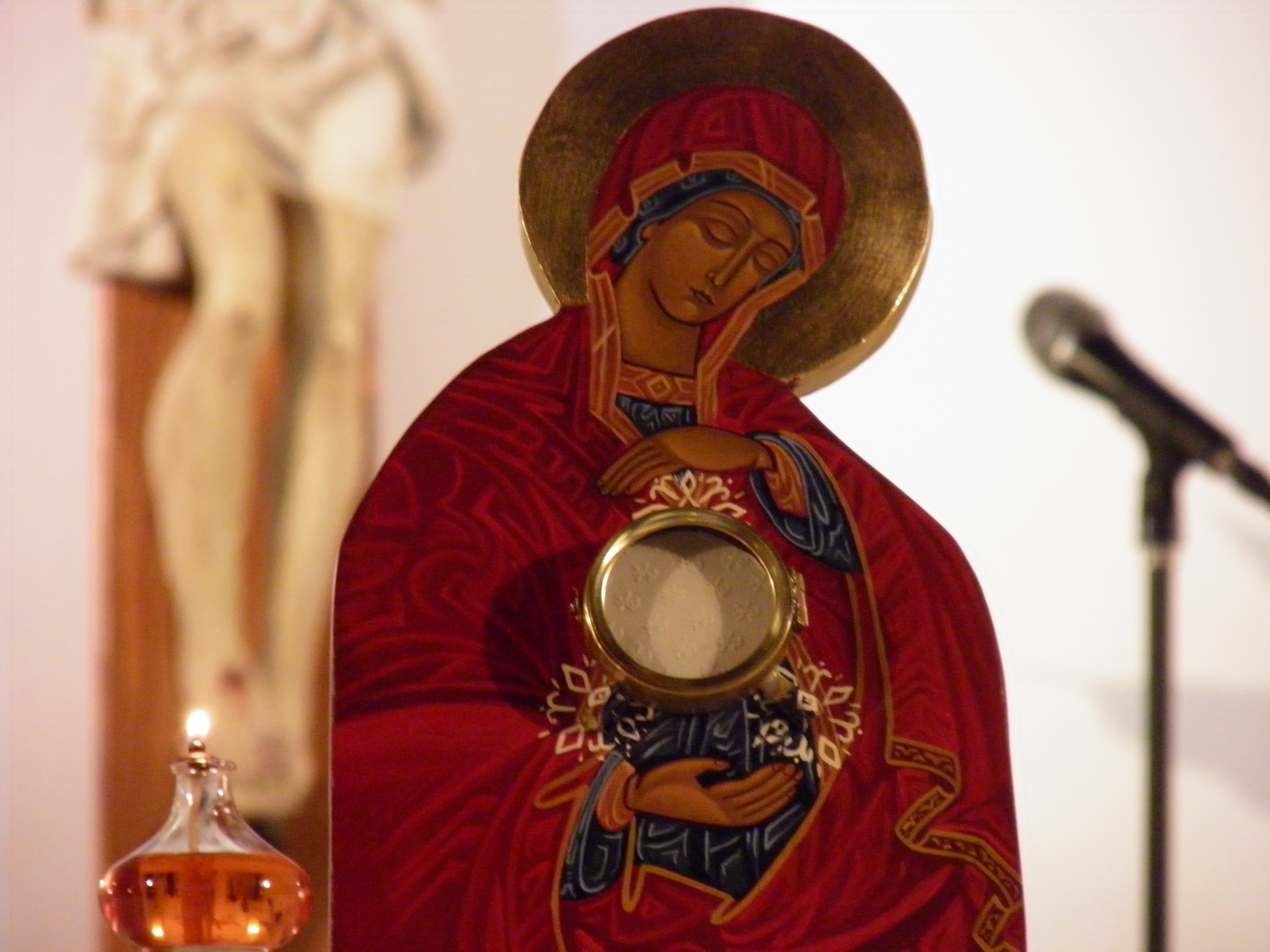
 Sheryl O’Connor delights in being the number 1 cheerleader and supporter for her husband, Tom who is a candidate for the Permanent Diaconate in the Diocese of Kalamazoo. They are so grateful for the opportunity to grow together in this process whether it is studying for classes, deepening their prayer life or discovering new ways to serve together. Sheryl’s day job is serving her community as the principal for St. Therese Catholic School in Wayland, Michigan. Since every time she thinks she gets life all figured out, she realizes just how far she has to go, St. Rita of Cascia is her go-to Saint for intercession and help. Home includes Brea, a Bernese Mountain dog and Carlyn, a very, very goofy Golden Retriever.
Sheryl O’Connor delights in being the number 1 cheerleader and supporter for her husband, Tom who is a candidate for the Permanent Diaconate in the Diocese of Kalamazoo. They are so grateful for the opportunity to grow together in this process whether it is studying for classes, deepening their prayer life or discovering new ways to serve together. Sheryl’s day job is serving her community as the principal for St. Therese Catholic School in Wayland, Michigan. Since every time she thinks she gets life all figured out, she realizes just how far she has to go, St. Rita of Cascia is her go-to Saint for intercession and help. Home includes Brea, a Bernese Mountain dog and Carlyn, a very, very goofy Golden Retriever.